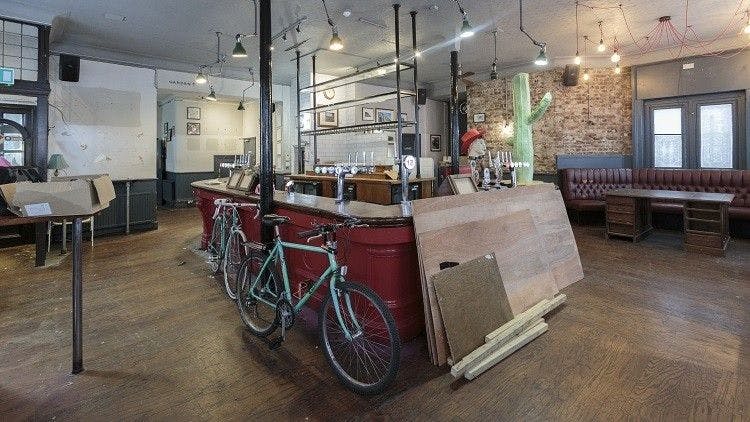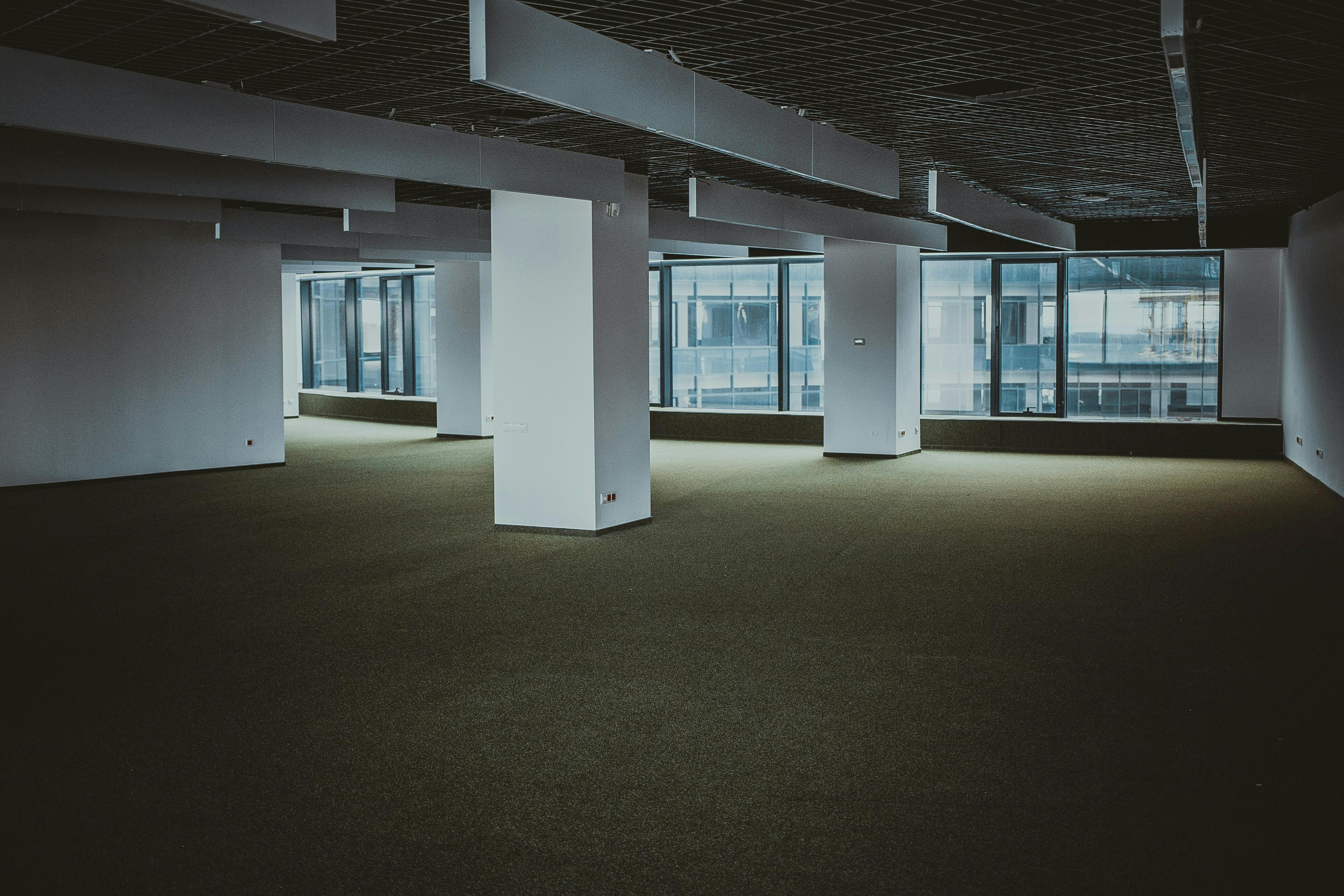
The Morning Advertiser - Space invaders: what to do if someone occupies your pub
July 31, 2018
Space invaders: what to do if someone occupies your pub
After travellers invaded Thwaites Brewery over the late May bank holiday weekend, The Morning Advertiser reveals what steps a pub can take if it finds its space invaded.
As reported by The Morning Advertiser , a group of around 100 travellers was evicted from Thwaites Brewery in Blackburn, Lancashire, after invading the site and causing roughly £100,000 worth of damage.
British Beer & Pub Association (BBPA) chief executive Brigid Simmonds said: “We are aware of the situation that occurred at the Thwaites Brewery and we are giving them our full support as they get back up and running.
“I recently visited the brewery with our community pubs minister Jake Berry MP and I share the anguish at the damage done.
“This was an unprecedented incident, but pubs and breweries should always remain vigilant for any security issues they could face and contact the police if they have any concerns.”
UKHospitality (UKH) chief executive Kate Nicholls added: “Any venue unfortunate enough to be broken into should contact the police immediately.
“The police website provides information on crime reporting, including victim support, should it be required.
“The website also provides helpful information on crime prevention and businesses should take the time to ensure that staff are adequately briefed and trained, and that clear guidance is provided to employees in the event of a crime.
“Pubs and bars should also contact their local police force and their local authority for information and advice.”
What steps can pubs take if they find themselves playing host to uninvited guests?
Do not engage
Director of enforcement company, the Burlington Group, Jonathan Chatfield, explained: “In 2012, the law changed to make it a criminal offence for those squatting in empty residential buildings.
“However, this had the effect of legalising squatting in commercial properties and can make it harder for owners of empty pubs, with both residential and commercial aspects of the property.
“What you have to remember is that some squatters are well educated and some are even lawyers and will turn up in court to justify their reasons. Most will say that they are only in the commercial areas of the building, and you will have no access to prove that is correct. They often leave a huge
amount of damage, from experience.
“The police will often not get involved, only in extreme cases, where for example, they may have evidence a rave is taking place, in which case they can escalate the claim to the High Court.”
Chatfield said the first step is for the owner of an empty pub to make a possession claim against trespassers in the county court through solicitors.
According to Chatfield, once a possession order is made, squatters can be evicted without notice if the enforcement is transferred to the High Court.
Chatfield added: “Do not engage with the squatters or communicate with them. They often claim the landlord has agreed they can stay and selectively refer to the communications. Do not pay them money to leave either. We have seen cases where the property owner has done this and the squatters come back again and again.”
Send in a property guardian
Arthur Duke set up Live-in Guardians in 2010 to provide a solution to some of the problems created by owning an empty property.
The company now protects more than 70 buildings across central London including 15 pubs.
Duke said: “Evicting squatters can be a very expensive business for owners of empty buildings, including pubs.
“The bill doesn’t just include getting unwanted people out of your property but also the cost of repairing any damage to the building and to clear up the mess they will leave afterwards.
“As a pub is generally a well-known and used property in the local area, among the community, most people will know when one is due to close down – including squatters.
“Empty pubs make ideal spots for us to find guardians for. They are usually spacious and often have upstairs areas with bathrooms and bedrooms.
“Having people live in an empty pub as guardians will save owners of empty pubs, not only on security costs but on business rates too because once the space is being used as a temporary residence, these no longer apply.
“Carefully selected guardians, usually young professionals, living in an otherwise empty pub will put any would-be squatters off approaching the building in the first place because squatters only target unoccupied buildings.
“In turn, this helps young, London professionals who would normally be renting in the over-inflated private marketplace as they are paying a far reduced fee to live as a guardian – often less than 50% of the market level.
“In most cases, we hand the properties back in a better state than the condition we received them in.”
More news from Live-in Guardians

Live-in Guardians Highly Commended in the Social Impact Initiative of the Year Award at the 2025 Estates Gazette Awards

Live-in Guardians Shortlisted for Social Impact Initiative of the Year at Estates Gazette Awards 2025


